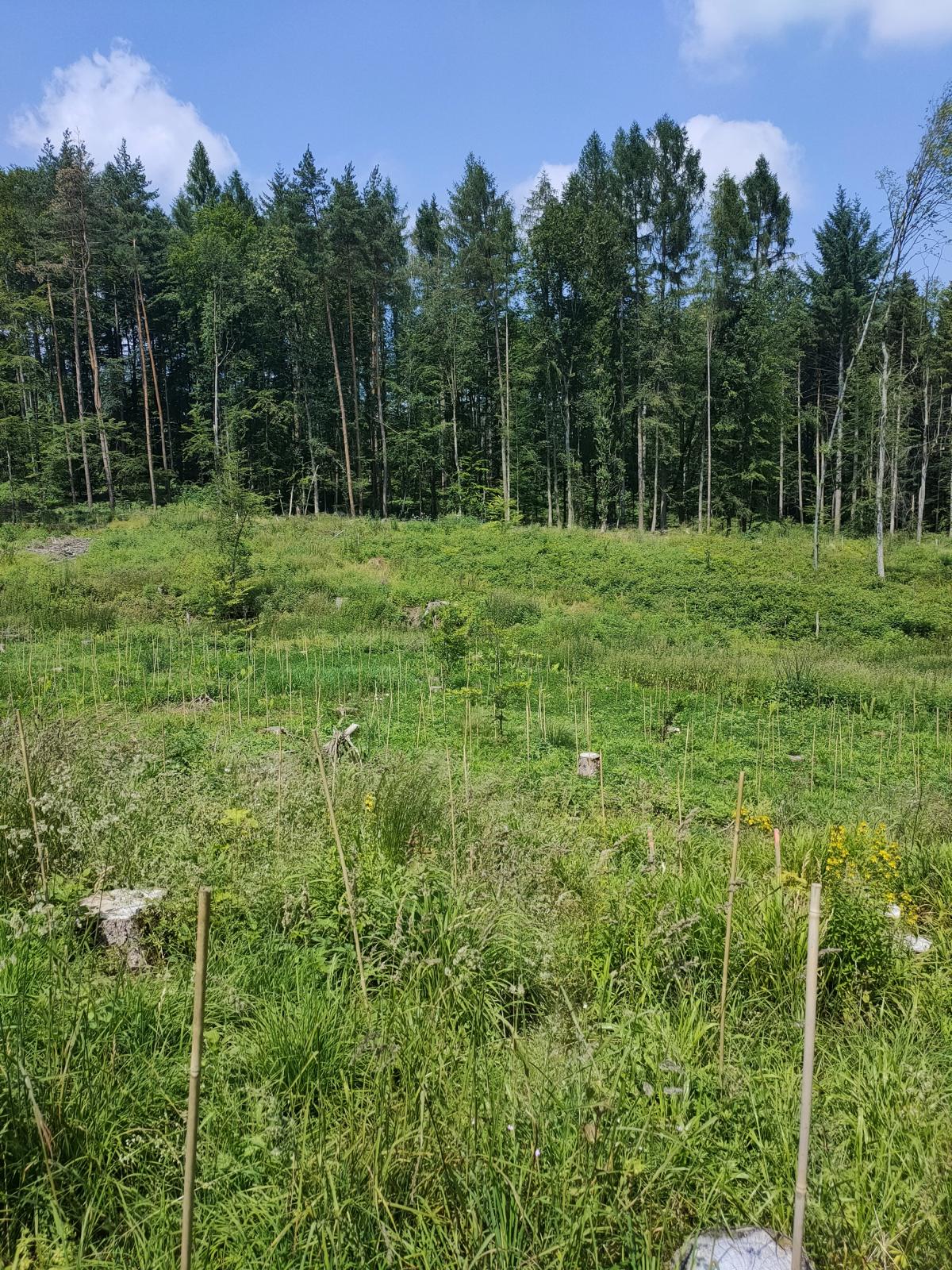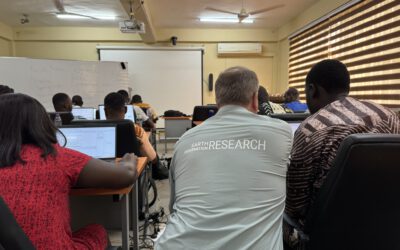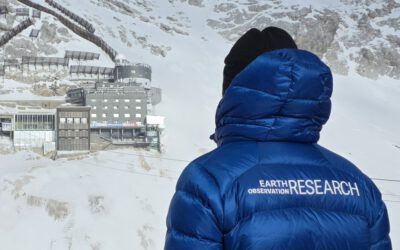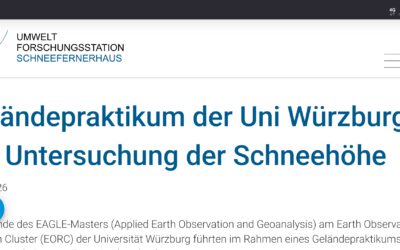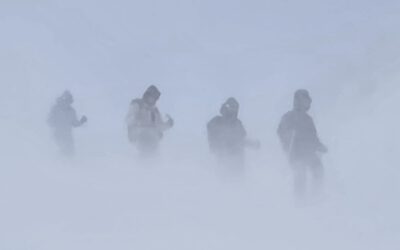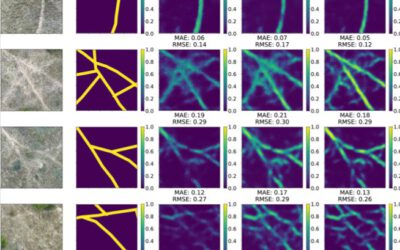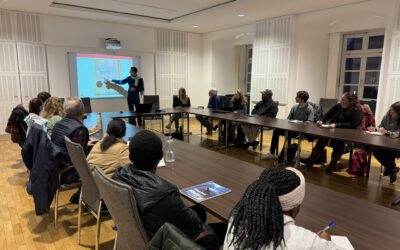The effects of climate change are already being felt in southern Germany. The sooner these changes are recognized, the sooner their economic and social consequences can be mitigated. The aim of planned scientific projects at the Earth Observation Research Cluster (EORC) is to support decision-makers with earth observation data.
Satellite data makes it possible to recognize gradual environmental changes over many decades in archive data and to observe current developments closely and in high resolution. The observations are then used to develop models of the observed processes, which make it possible to estimate their further course in the future and develop measures to adapt to climate change.
The focus is on urban areas, agriculture, forestry, and the cross-cutting issues of georisks, biodiversity, and health. An expert group is to be set up to research how earth observation can support politics, public administration, and society in coping with the consequences of climate change. For the time being, the research is limited to Bavaria. In addition to the EORC at the Julius-Maximilians-Universität Würzburg (JMU), the German Remote Sensing Data Center (DFD) at the German Aerospace Center (DLR) is involved in the research.
Highly motivated candidates interested in the fields of urban areas, agriculture, forestry, and the above-mentioned cross-cutting topics are expected to pursue a PhD degree.
Requirements:
We are seeking highly motivated candidates holding a M.Sc. degree with expertise in remote sensing or spatial data, and handling of various data sources. A sound knowledge of remote sensing software, geographic information systems (GIS), and programming (e.g., Python, R) is required. Working independently and within an interdisciplinary team of collaborators is essential. A strong interest in applying interdisciplinary approaches and bridging gaps between Earth Observation, in-situ data collection, and development of devices is required.
The ability to develop devices and to communicate and collaborate with different stakeholders is highly desirable. Further, proficiency in the English language and the capability to write research reports and peer-reviewed publications are required.
Working environment: We offer a stimulating research environment within an interdisciplinary, dynamic research team at the EORC, Institute of Geography and Geology at the University of Würzburg in close collaboration with the DFD of DLR. The position is financed for 3 years and should start in early 2025, with a salary according to TV-L (75%).
Applicants are invited to submit their applications via email including a cover letter, CV, and all necessary certificates to eo-contact@uni-wuerzburg.de before January 1st, 2025. The position is to be filled as soon as possible and offered for a fixed term of 3 years.
The University of Würzburg is an equal opportunity employer, determined to increase the proportion of women in successful scientific careers, and particularly encourages them to apply. Preference will be given to disabled applicants with the same qualifications. Inquiries or questions should be directed to:
Contact: Earth Observation Research Center, eo-contact@uni-wuerzburg.dewww.earth-observation.org

